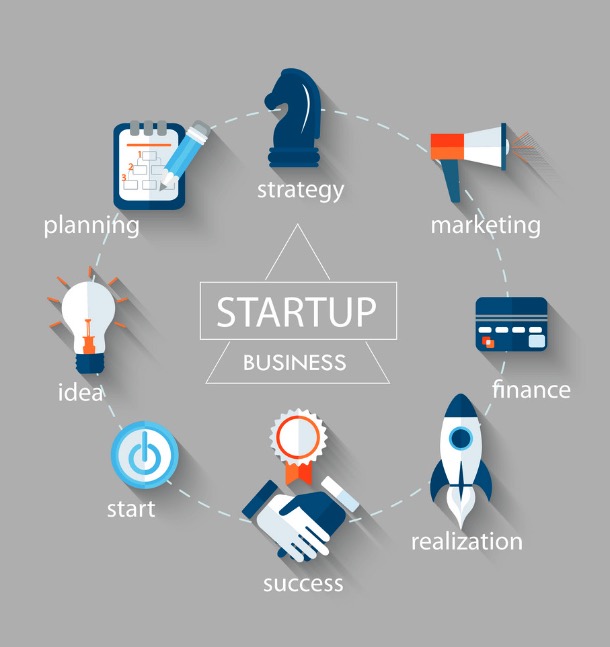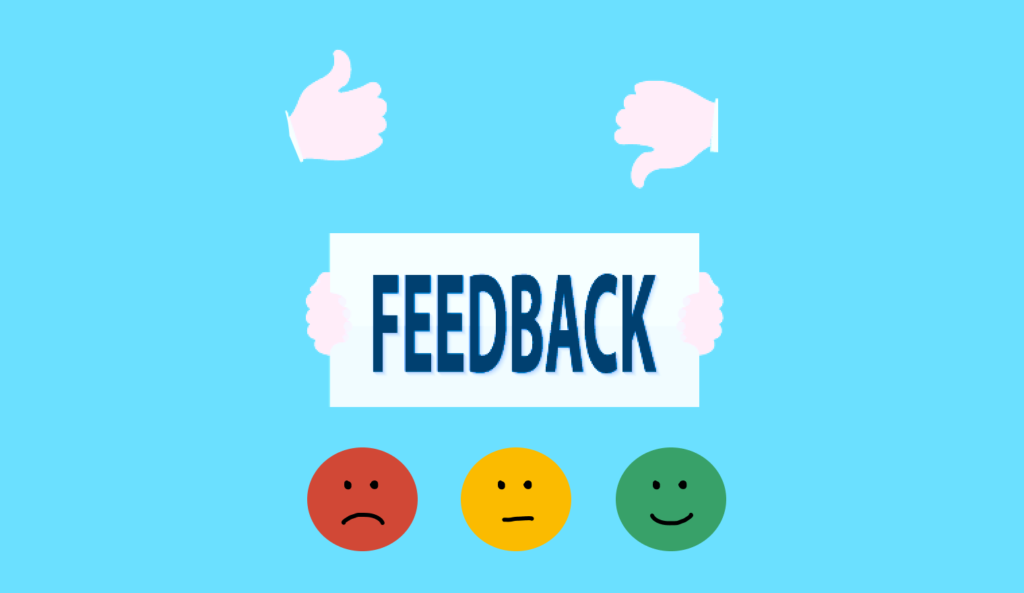It’s become a cliché that startups are “too lean” for quality control teams. Testing your startup before go live. Nonetheless, the best testing doesn’t need a committed group. Instead, it requires diligent effort from everyone in the organization, primarily developers and product managers. Testing habitually offers numerous benefits to companies, like fewer bugs that pass into production and devoted customers who won’t switch to competitors over failing website or app. Before launching a project, testing to make sure it is running properly is commonsense. Here are six proven ways it can revolutionize your startup and boost growth.
1. Verify Your Concepts

Gauging your idea ahead of investing in it is the most effective way to tell if it will be successful or not.
It also assists you in discovering whether there is a need for your product or service. To test this, you can engage with your target customers and inquire what they think of your concept, how likely they are to buy it, and why?
The results of your testing efforts can provide you with a better understanding of their requirements, which can help refine the product or service before committing to commencing its production.
2. Create an Impressive First Picture

Testing can help you make a great first impression. Start with a teaser video or presentation, and measure the engagement.
We all know how important first impressions are. If a store has nothing to attract people, they won’t bother to try it out. The same can be said for your product or service – why should anyone purchase if it’s not appealing?
Using A/B and multivariate testing, you can find out how people will react before launching. This saves resources since no additional time or money is used until the concept proves promising.
Large systems require an immense amount of testing to ensure they function correctly. A failure to do testing could legally and economically damage your company, as well as discourage customers. Self-driving vehicles use edge computing to process huge data collections, but if the testing is insufficient, one could be liable. See also: Startup trends 2024
3. Identify Issues

Startup testing can transform a startup by helping to identify issues with a program.
This means that testing assists in locating bugs and any potential issues, enabling the product to work as it should. Additionally, testing can help develop existing features or incorporate suggested new features based on customer feedback.
For example, if customers often request a feature not currently available, such as an option to save favorite items while shopping online, A/B testing or customer interviews can investigate the feasibility of that feature.
The software can be challenging for developers to create without issues, and if no testing is conducted, likely errors will occur when the app is launched. For example, a parental control app needs to be properly tested to ensure its function and safety for kids.
Testing promptly and consistently can identify and resolve any errors before they reach customers. Waiting too long to test the product increases the likelihood of finding costly issues in the later stages of development.
4. Save Thousands (Or Millions) Of Dollars

Testing your product or Startup can provide major benefits, primarily by helping you to save a significant amount of money. Identifying a bug or problem during the quality assurance phase enables you to fix it before it’s released, instead of spending thousands of dollars trying to resolve an issue after the fact.
Developers understand the immense pressure to create the best possible product. That being said, numerous errors can compromise the usability of your software and, in turn, cause your users to abandon your application.
It’s essential to recognize the repercussions of errors, as demonstrated by a recent case where Authentic Brands Group sued Bolt Financial for $150 million in April 2022 due to glitches in its one-click checkout system.
Failing to incorporate a thorough testing phase before launching your product holds too much risk of costly consequences. Additionally, prospective investors won’t be willing to invest in technology that hasn’t effectively gone through user testing.
5. Feedback from Users is Invaluable

Collecting user feedback is a great way to ensure your product remains user-friendly and can be improved. Your dedicated development team can gather this valuable insight by asking users their opinion about your product and what they would like to see improved.
This feedback will help you refine your product and build consumer loyalty. It can also inform how you market, sell, and support your product.
With that said, how do you go about collecting feedback from users? Popular methods include:
- Administering surveys and interactive quizzes after some use;
- Collecting input from focus groups discussing specific topics;
- Asking potential customers for their opinion of potential products (concept testing);
- Customizing static and floating feedback buttons, surveys, styles, and questions to fit your needs.
It’s also important to find out how customers feel about the way the product is marketed and sold. For example, testing each step in the buyer’s journey is important for generating leads and keeping customers coming back.
6. Build Trust with Your Early Customers

Startup testing is essential to earn your early customer’s trust. It demonstrates that you care about their requirements and desires, and the product they pay for fulfills their expectations to solve their issues—even if direction changes from original plan.
Analyzing startup test results can help you recognize which parts of your product are the most valuable to users, which features gain most value, and how complex it is to alter or add things to satisfy them.
These understandings benefit you to comprehend how customers think of your brand or product—and what they wait for it in the future.
The first customers are a great help for a startup. From them, you learn what works, what doesn’t, and what components still lack in your product. These insights will improve your chance to keep a higher number of them.
Wrapping Up
As a startup, you have a lot on the line with your initial launch and customer feedback. That’s why it’s essential to test your product before its release. Startup testing gives you deeper insight into how users interact with your product, service, or application. The feedback can help you perfect the features and elevate their functionality.
When testing your product, you should leverage multiple tools. This will provide you more information on errors, bugs, and other issues that may arise. Don’t skip on testing—it’s an investment that helps create and deliver top-tier products.
About the author
Kelly Moser is the co-founder and editor at Home & Jet, a digital magazine for the modern era. She’s an authority in freelance writing and content marketing for SaaS, Fintech, and eCommerce startups.
